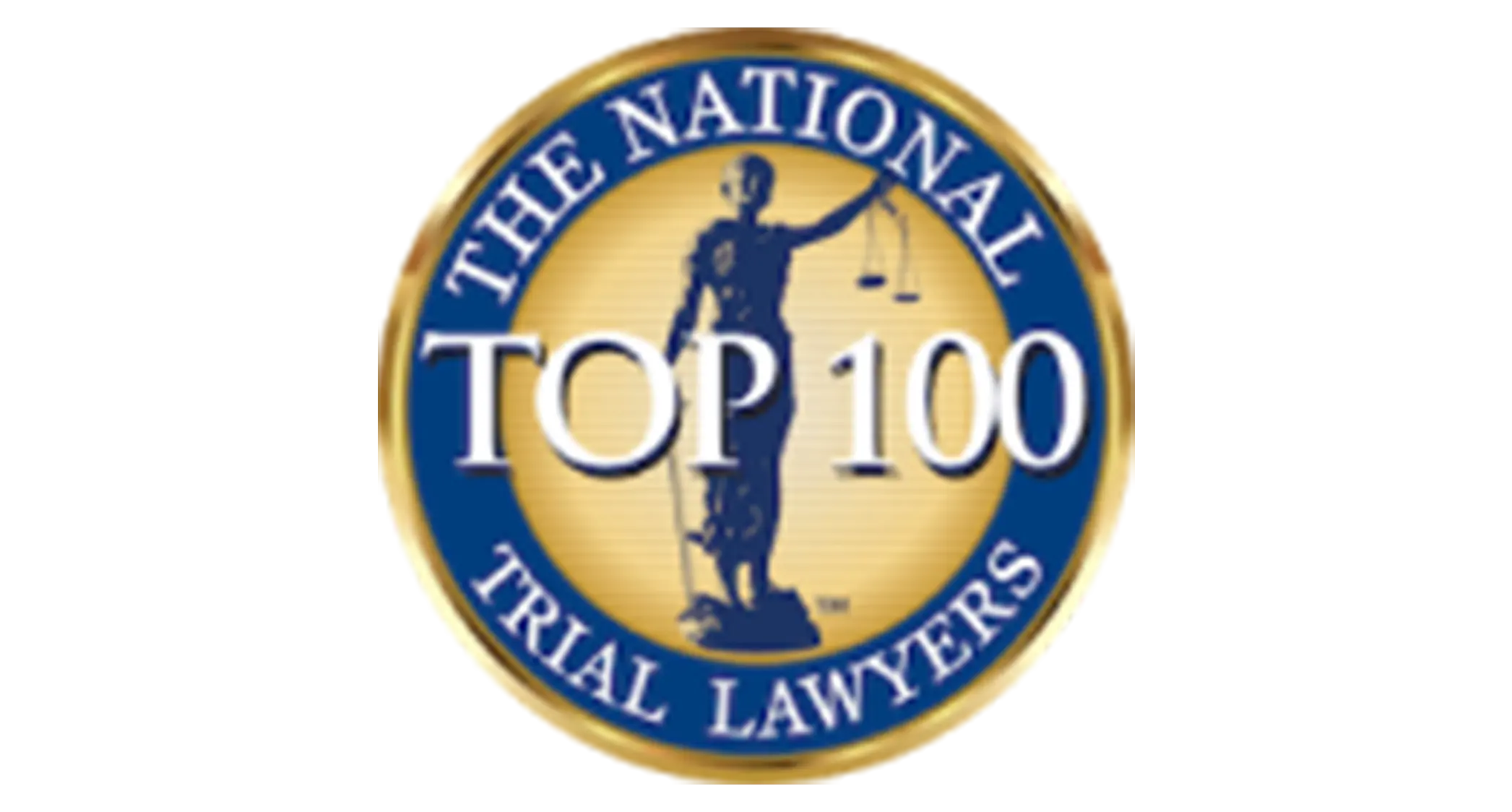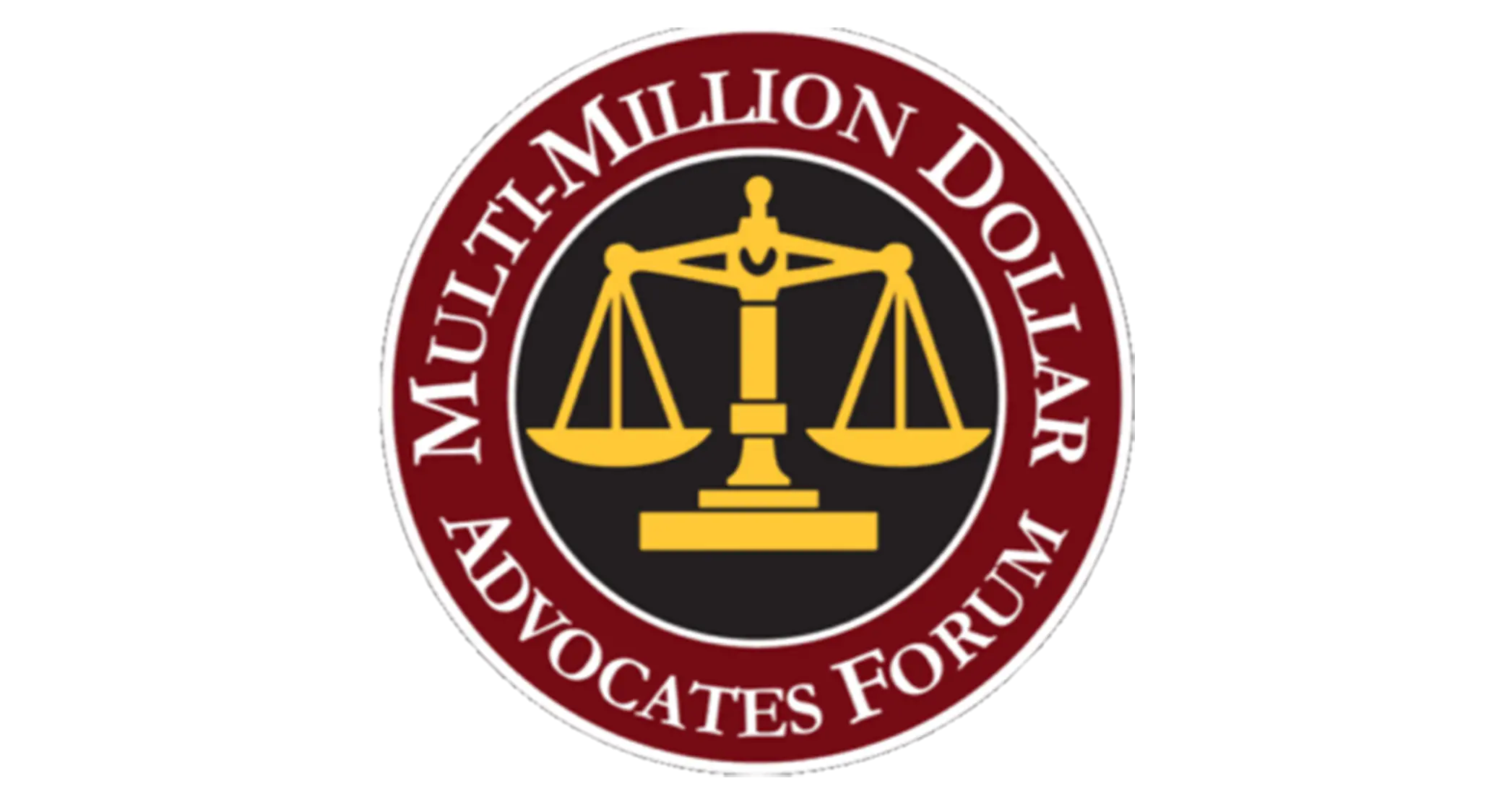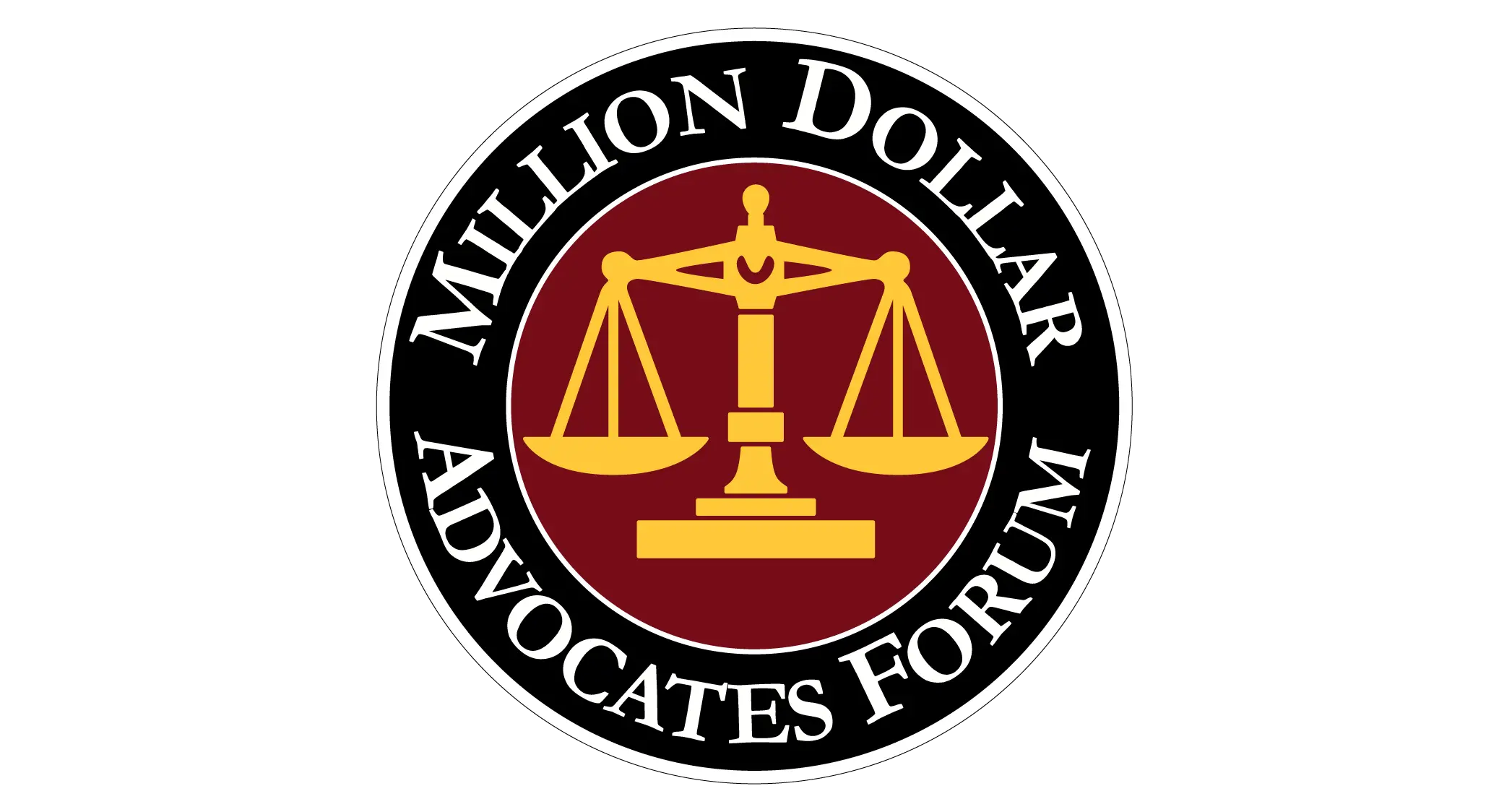South Carolina medication error lawyer Bert Louthian of The Louthian Firm Accident & Injury Lawyers helps people who have been hurt by mistakes involving prescription drugs. If you or a family member have been harmed, we invite you to contact us to talk about your situation.
Medication Error Attorney Serving South Carolina
When an error occurs with a prescription or over-the-counter drug, the results can be devastating. A victim may suffer complications and a prolonged need for care. Mistakes can even be fatal.
Financial recovery is key to your personal recovery. Bert Louthian is a medication error lawyer serving South Carolina. Our law firm undertakes exhaustive work on behalf of our clients to seek justice.
Understanding Medication Errors
A medication error is a preventable event that results in inappropriate medication use or patient harm.
When prescription drugs are used correctly, the patient receives the right drug, at the right time and in the right manner. An error can occur at any step. For example, if the wrong person is given a drug, a medication error has occurred. If a person receives the correct drug at the wrong time, a medication error has occurred.
A medication error may involve a prescription or over-the-counter drug. Mistakes may occur in a hospital setting, an outpatient facility or when a person self-administers a drug.
Note: Adverse drug reactions or drug events are different than medication errors, but they may also be grounds for financial compensation if they are the result of medical negligence.
Types of Medication Errors
- Administering the wrong drug
- Giving a drug to the wrong person
- Dose or rate inaccuracies
- Failure to administer medication
- Negligence in administration
- Timing off-schedule
- Expired or spoiled products
- Incorrect preparation for administration
- Error in manufacturing
A crucial part of receiving quality medical care is accuracy in the administration of medication. Patients rely on healthcare providers for the safe delivery of their medications. When something goes wrong, a victim may qualify to claim compensation for financial losses, physical pain and suffering and emotional anguish.
Why do medication errors occur?
Some of the reasons that medication errors occur are:
- Input errors, mistyping
- Poor communication
- Unavailability of patient information
- Incomplete order checking
- Failing to check information before acting
- Inadequate staffing, poor retention
- Lack of training to administer a drug correctly
- Ignoring flags or warnings
- Rushing, inattention, not working carefully
- Ignoring patient concerns
- Packaging and labeling mistakes
As your South Carolina medication error attorney, we undertake an investigation. We look at records, activity logs and other key details to determine what happened. When a healthcare provider is not cooperative, we use legal procedures to obtain records and information.
Let us investigate on your behalf and build your case.
Compensation for Medication Errors
A victim of a medication error may have the right to receive monetary compensation. The claim is based on a healthcare provider failing to use reasonable care in the administration of a drug.
The National Institutes of Health reports that there are 6,800 prescription drugs available in the United States. There are an estimated 7,000-9,000 deaths each year because of medication errors.
Who may be responsible for a medication error?
Parties that may be responsible for a medication error include:
- Doctor (MD and DO clinicians)
- Physician’s assistant
- Nurse practitioner
- Pharmacist/Pharmacy
- Psychiatrist
- Medical group, healthcare provider
- Drug manufacturer
Most medication errors fall under medical malpractice, but a claim may also be based on product liability (drug manufacturers) or ordinary negligence. We investigate all parties that may have legal liability based on South Carolina law. Then, we pursue your compensation.
Losses because of a medication error
When a medication error occurs, a victim suffers in multiple ways. First is physical harm. A victim may need additional healthcare services to recover. They may suffer a catastrophic or fatal injury.
Physical harm, financial losses and pain and suffering are all types of harm that may be compensated. Examples of losses that may be a part of a claim are:
- Emergency medical care
- Cost to diagnose the error
- Treatment for negative effects of the drug
- Consequences of failing to get the drug you needed
- Long-term healthcare expenses that result from the harm
- Lost income or wages because of an inability to work
- Disability
- Permanent injury and disfigurement
- Loss of independence, personal care needs
- Pain and suffering
- Emotional anguish
- Wrongful death
A victim of a medication error suffers financially, physically, mentally and emotionally. To make your claim successful, our legal team identifies these losses. We gather evidence to value them appropriately, based on the law.
Note: South Carolina imposes caps on medical malpractice pain and suffering compensation that may apply to the case.
Free Consultation – Case Reviews Available
For a personalized review of the details in your case, please contact us for a consultation. During your consultation, we can talk about the specifics of your situation and what your case may be worth.
Choose the Family-Owned Law Firm that Helps Families
Bert Louthian has been practicing law since 1985. In that time, he has seen how important it is for families to have strong legal representation. He works each day on behalf of his clients to make things right when they are suffering from an unexpected injury.
The Louthian Firm Accident & Injury Lawyers begins by learning your story. We need to understand what happened and how it impacted you. Then, we build a strategy and pursue your case. Advocacy and personal service are key to meeting your needs. Our law firm is run by family to help families. Bert Louthian is your medication error attorney that is here for you to take care of everything.
Talk to a Lawyer About Your Wrong Medication Case
We are taking new cases now. Talk to our medication error lawyer in South Carolina about your situation. Get answers to your questions and see how our representation works. We can start your case as early as today.
There are no up-front costs, and consultations are free. Call or message us now to talk about your situation and begin.






